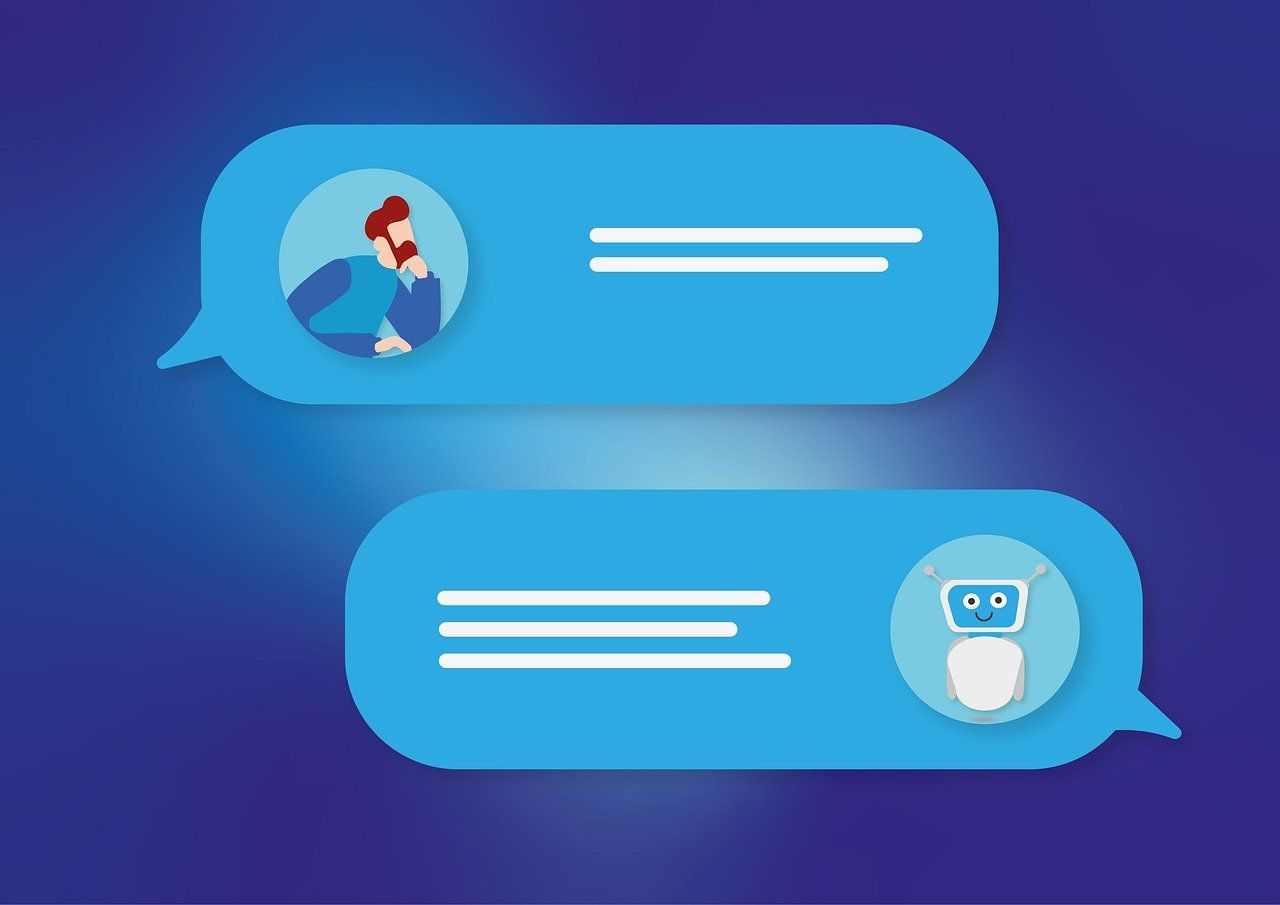
AI in Personalized Treatment Plans: Tailoring Healthcare to Individual Needs
 In recent years, artificial intelligence (AI) has revolutionized various industries, and healthcare is no exception. One of the most promising applications of AI in healthcare is the development of personalized treatment plans. By leveraging the power of AI, healthcare providers can tailor treatments to individual patients' unique needs, leading to better outcomes and improved quality of life.
In recent years, artificial intelligence (AI) has revolutionized various industries, and healthcare is no exception. One of the most promising applications of AI in healthcare is the development of personalized treatment plans. By leveraging the power of AI, healthcare providers can tailor treatments to individual patients' unique needs, leading to better outcomes and improved quality of life.
The Need for Personalized Treatment
Traditionally, healthcare has followed a one-size-fits-all approach, where patients with similar conditions receive standardized treatments. However, this approach fails to consider the unique genetic makeup, lifestyle factors, and medical history of each individual. Personalized treatment plans, on the other hand, take these factors into account, ensuring that patients receive the most effective and appropriate care for their specific needs.
AI-Driven Data Analysis
AI algorithms can analyze vast amounts of patient data, including electronic health records, genetic information, and lifestyle factors, to identify patterns and predict treatment outcomes.
By processing and interpreting this data, AI can help healthcare providers make more informed decisions about patient care. For example, AI can identify patients who are at high risk of developing certain conditions and recommend preventive measures or early interventions.
Precision Medicine
Precision medicine is an approach that uses an individual's genetic profile to guide treatment decisions. AI can play a crucial role in precision medicine by analyzing genomic data and identifying specific genetic variations that may influence a patient's response to certain medications or treatments. This information can help healthcare providers select the most effective therapies while minimizing the risk of adverse reactions.
Predictive Analytics
AI-powered predictive analytics can forecast a patient's likelihood of developing certain conditions or experiencing complications based on their medical history, lifestyle factors, and other relevant data.
By identifying high-risk patients early on, healthcare providers can intervene proactively and prevent the onset or progression of diseases. Predictive analytics can also help optimize treatment plans by predicting how a patient is likely to respond to specific therapies.
Real-Time Monitoring and Adjustment
AI can enable real-time monitoring of patients' health status through wearable devices and remote monitoring systems. By continuously collecting and analyzing patient data, AI algorithms can detect subtle changes in a patient's condition and alert healthcare providers to potential issues. This real-time monitoring allows for prompt adjustments to treatment plans, ensuring that patients receive the most appropriate care at all times.
Challenges and Ethical Considerations
While AI holds immense potential for personalized treatment plans, there are also challenges and ethical considerations to address. Ensuring the privacy and security of patient data is paramount, as AI algorithms rely on sensitive personal information. Additionally, there may be concerns about the transparency and accountability of AI-driven decision-making in healthcare.
It is crucial to develop robust ethical frameworks and regulations to govern the use of AI in personalized treatment plans.
Conclusion
AI has the potential to revolutionize healthcare by enabling personalized treatment plans that cater to each individual's unique needs. By analyzing vast amounts of patient data, AI can help healthcare providers make more informed decisions, predict treatment outcomes, and optimize therapies.
As AI continues to advance, we can expect to see more widespread adoption of personalized treatment plans, leading to improved patient outcomes and a more efficient healthcare system. However, it is essential to address the challenges and ethical considerations associated with AI in healthcare to ensure its responsible and beneficial implementation.
Related Articles


